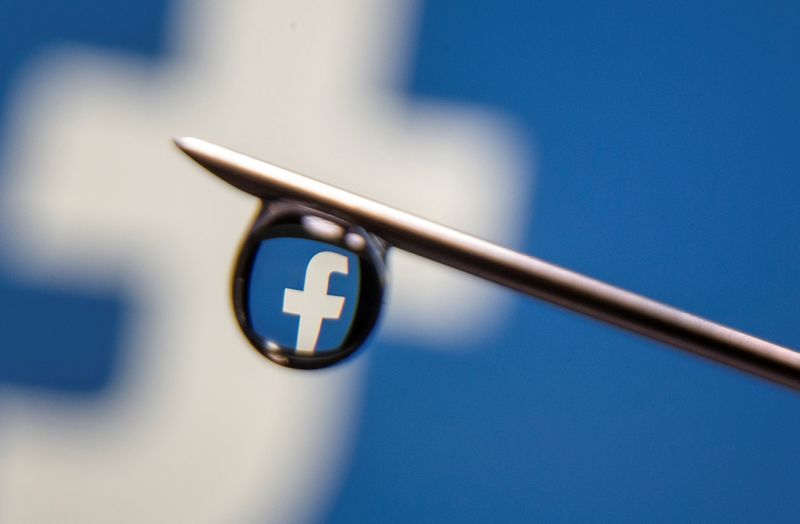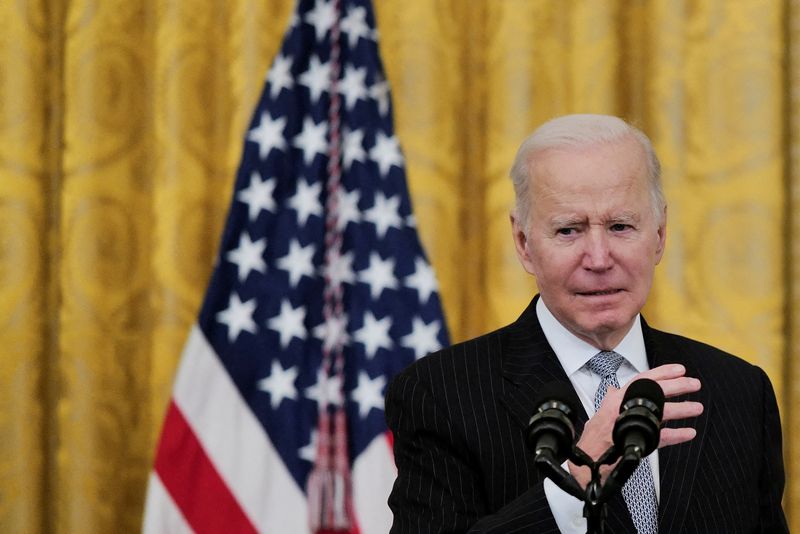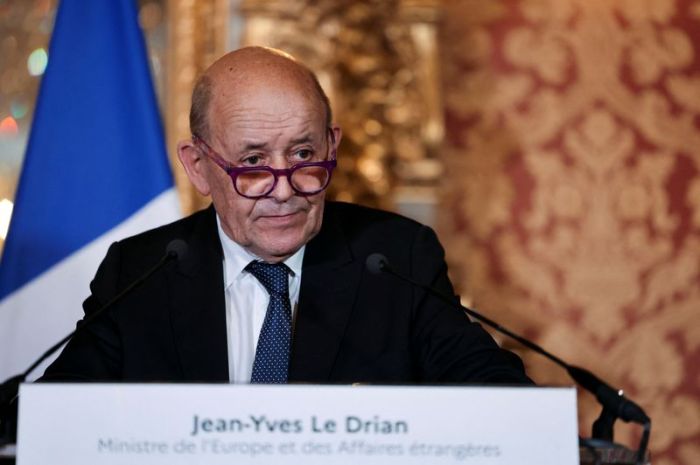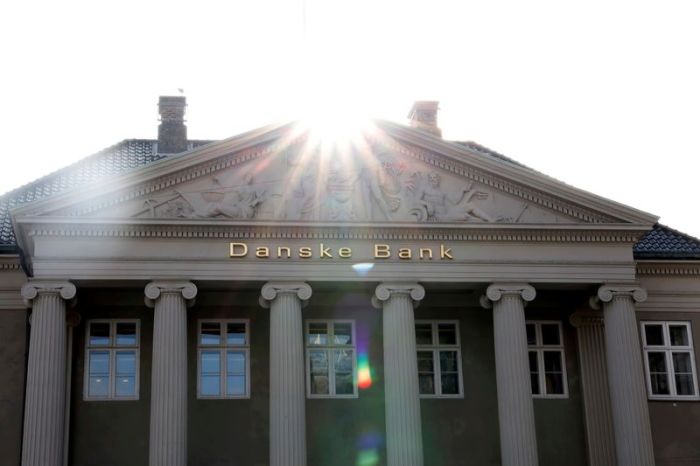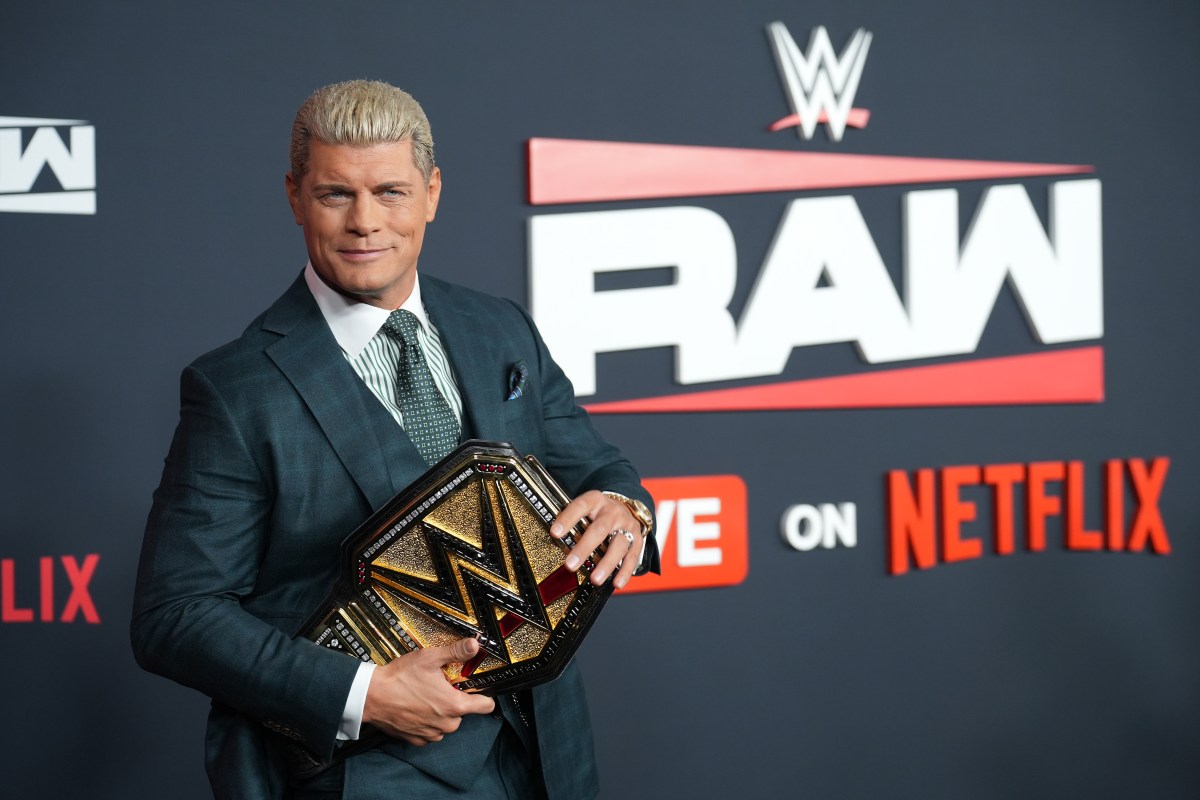WASHINGTON (Reuters) – When U.S. President Joe Biden accused Facebook of “killing people” by spreading vaccine lies in July, many experts and researchers hoped it marked the beginning of a White House battle against a flood of misinformation about the coronavirus pandemic coursing through the United States.
Six months later, the deluge of misinformation continues and entities combating harmful information want the White House to do more. COVID-19 deaths recently hit their highest in almost a year, with over 2,600 people dying on average each day. U.S. studies show the unvaccinated are dying at much higher rates than those with jabs and boosters.
“The problem of vaccine misinformation was big a year ago and it is still big now,” said David Lazer, who co-leads the Covid States Project. Fighting misinformation “requires continued focus and attention and effort,” he said.
After slamming Facebook on July 16, Biden never again publicly accused Facebook or another company by name of spreading misinformation, according to a Reuters analysis of the president’s speeches and remarks since that day. Biden has delivered 24 speeches on COVID specifically, including townhalls, since he called out Facebook, the analysis shows.
Interviews with 11 White House sources, experts and researchers who have worked with the Biden administration on this topic show that top White House aides feel Biden has few legal options to force social media platforms to comply and the administration has not been able to settle on a strategy to rein in Silicon Valley. Several pieces of legislation to hold social media companies responsible have stalled.
Biden also did not issue an executive order or proclamation to combat misinformation as he has done nearly three dozen times on other pandemic issues, according to a Reuters tally of White House records.
A dozen misinformation superspreaders identified by the White House and the Center for Countering Digital Hate (CCDH) last year, still hold over 40 accounts on Meta Platforms Inc-owned Facebook, Alphabet’s YouTube and other social media companies, with millions of followers, as of December.
The White House “has been in regular touch with social media platforms, as well as leaders and media outlets about the critical importance of ensuring that they do not peddle misinformation,” a White House official said. These meetings, the official said, include discussing the work such entities are doing to combat harmful information, and holding them accountable.
A majority of healthcare workers, in a January survey conducted by the COVID States Project, a U.S. research group trying to understand why so many Americans do not want to get vaccinated, said vaccine misinformation is “the single most important factor influencing unvaccinated patients decision not to get the COVID-19 vaccine.”
Social media – particularly Facebook – remains one of the most commonly cited sources of misinformation negatively impacting patients, the healthcare workers in the survey said.
A Meta spokesperson declined to comment but the company previously said it had removed more than 24 million pieces of COVID-19 content globally and displayed warnings on more than 195 million pieces of COVID-related content on Facebook for violating its policies.
A YouTube spokesperson said the company has terminated the channels of several well-known spreaders of vaccine misinformation and since October 2020, it had removed over 130,000 videos for COVID-19 vaccine misinformation.
THE SECTION 230 PROBLEM
Biden has no easy legal options because Section 230 of the Communications Decency Act shields social media companies from being liable for what users post on their platforms, according to White House sources, experts and researchers who have worked with the White House on this topic.
“The administration…is in fact far too cozy with tech companies, there is of course an institutional resistance at the civil servant level,” said Imran Ahmed, chief executive of the Center for Countering Digital Hate, who engaged with the White House last year on the issue. “It poses a serious problem when you’re seeking to legislate and go into combat against companies.”
Tech companies were some of the top donors to Biden’s election campaign and now former Silicon Valley insiders serve in key positions in the administration.
Two White House sources, who worked on the issue last year, said the reason Biden backed off was due to few legal options and disagreement inside the White House over how tough to be on tech companies.
“The most that can be done is urging the companies to take action and we did a lot of that last year,” one of the sources said.
Top officials at the White House held a series of combative meetings with social media companies, and Facebook in particular, leading up to last July to get the company and others to act on vaccine misinformation. Press Secretary Jen Psaki and Surgeon General Vivek Murthy, among others, also criticized the platforms publicly.
The growing pressure culminated with Biden’s off-the-cuff comments on July 16. Since then, Biden has refrained from blaming social media companies directly by name.
Biden addressed harmful information on social media platforms four times since July 16. Twice he walked back his comments on Facebook: he said “Facebook isn’t killing people” on July 19 and added “I wasn’t attacking Facebook” on July 22.
He also mentioned the word “misinformation” in the context of it being a problem, without mentioning the role specific social media companies play, six times since July 16.
A Surgeon General’s advisory about health misinformation in the United States, issued after Biden’s July remark, focuses on how communities can combat it, not the companies spreading it. The recent controversy involving Spotify’s role in spreading COVID misinformation, drew boilerplate criticism from the White House, saying the companies should do more to stop such content.
Hany Farid, a computer science professor and misinformation researcher at the University of California at Berkeley, urged the White House’s domestic policy team last year to do more to tackle misinformation.
Farid said he has not seen a “coherent or consistent message” from the White House and wants to see more leadership on the topic publicly. “I have not seen a message from the White House… to Congress to get serious about this.”
(Reporting by Nandita Bose in Washington; Editing by Heather Timmons and Lisa Shumaker)

